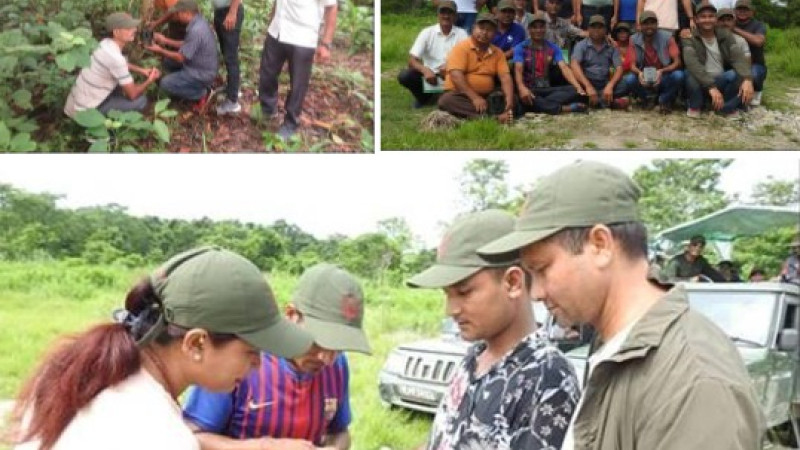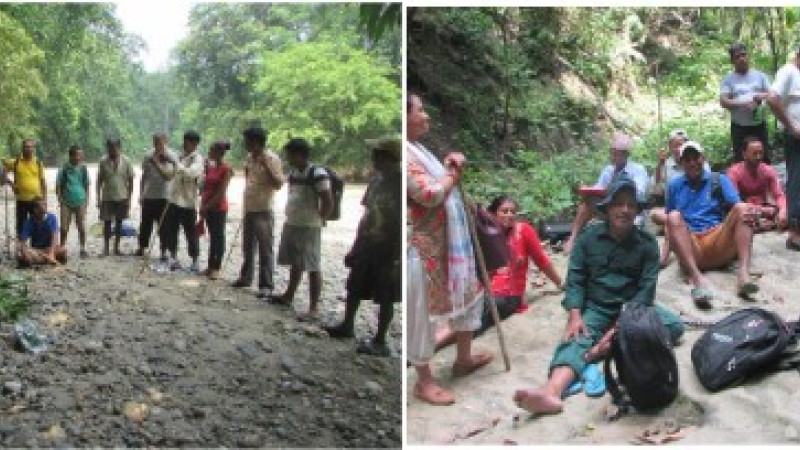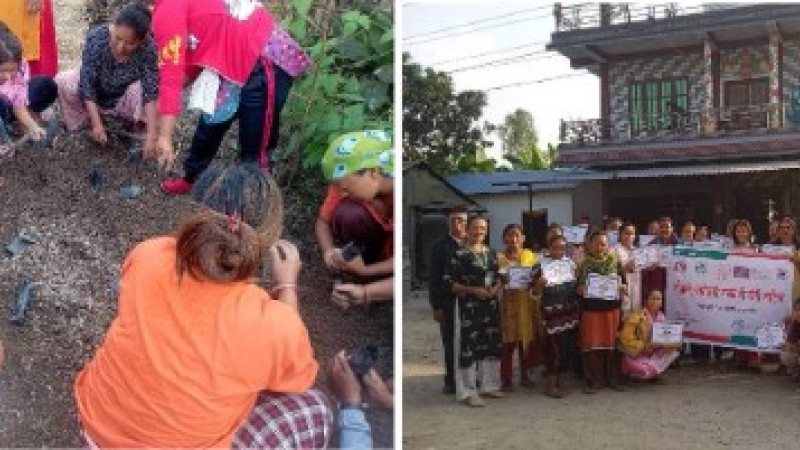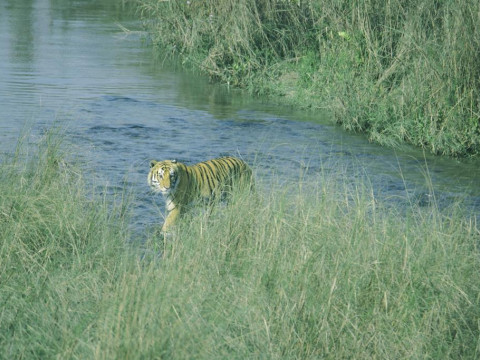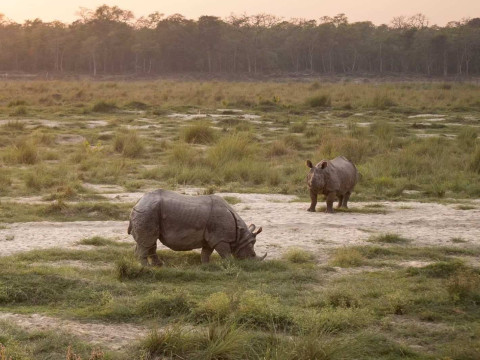Overview
Poverty and low level of awareness tend to involve the marginalized communities living in periphery of protected areas in poaching and illegal wildlife trade (IWT). The Chitwan National Park has lost large number of rhinos to poaching in the past decades, mainly by members of communities who are professionally engaged in poaching. The project is working with the Chepang communities living in the northern hills of Chitwan valley with the aim to reduce rhino poaching threats by uplifting their socio-economic status.
Project objectives
- Diversify livelihood opportunities to discourage communities from poaching and IWT
- Active community participation to reduce poaching threats
- Increase community awareness on socio-economic and legal consequences of the poaching and IWT
Expected outputs
- 190 poaching and IWT-affected households and 40 local youths engage in agriculture, livestock and skill-based alternative livelihood
- 70 children belonging to IWT-affected families receive education scholarship
- 300 people from poaching and IWT sensitive communities reached with conservation education sessions
- CBAPUs and CFUGs strengthened for poaching and IWT control
Project partners
Chitwan National Park and Kalika Community Forest User Group
Project duration
April 2021 to March 2024
Budget
£ 447,934 (£315,734 IWTCF, £132,200 NTNC)
Principal Investigator (PI): Dr. Naresh Subedi, Conservation Program Director, NTNC
(nareshsubedi@gmail.com, 9855056934
Co-PI: Rachana Shah, Project Manager, Biodiversity Conservation Center, NTNC (rachanasayshi@yahoo.com, 9851228323)
The project is supported by the Illegal Wildlife Trade Challenge Fund (IWTCF), funded by Defra, UK Government.



